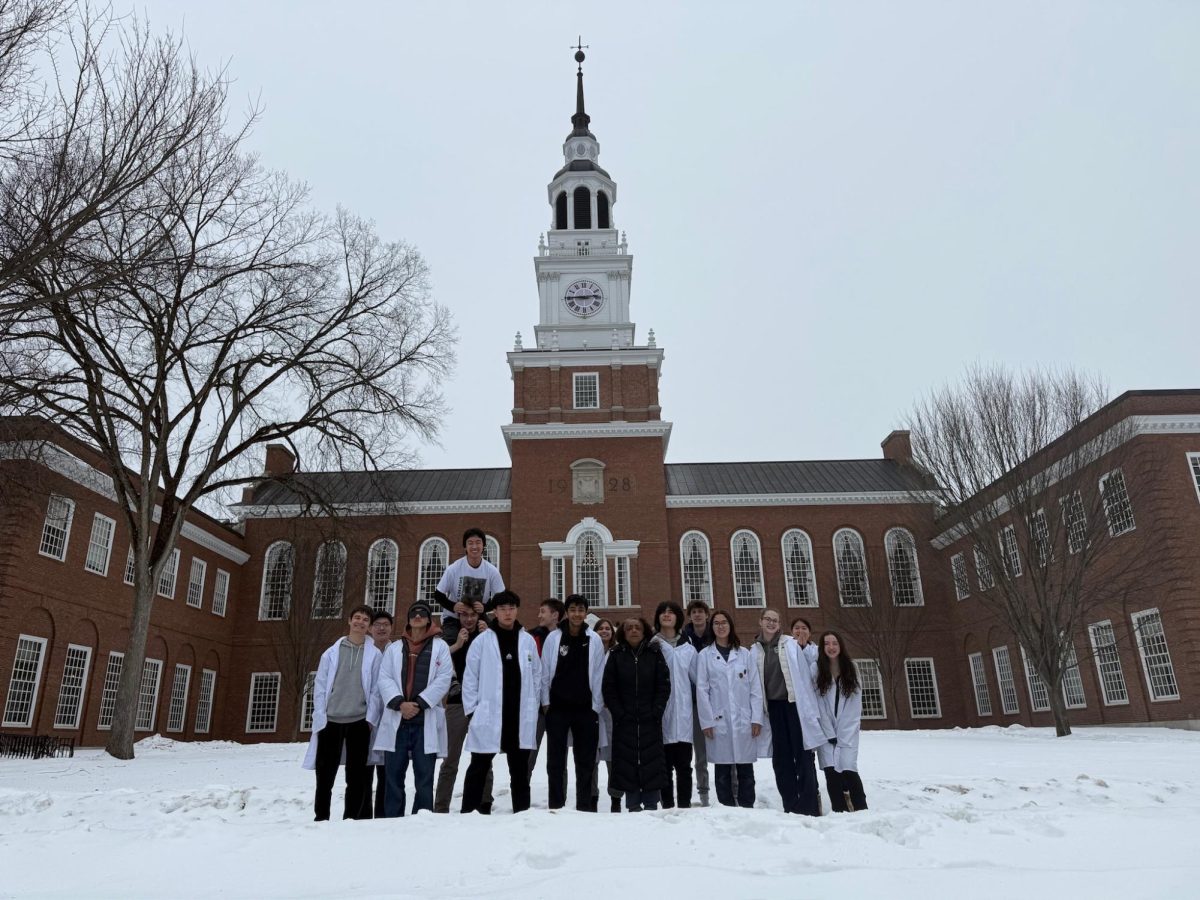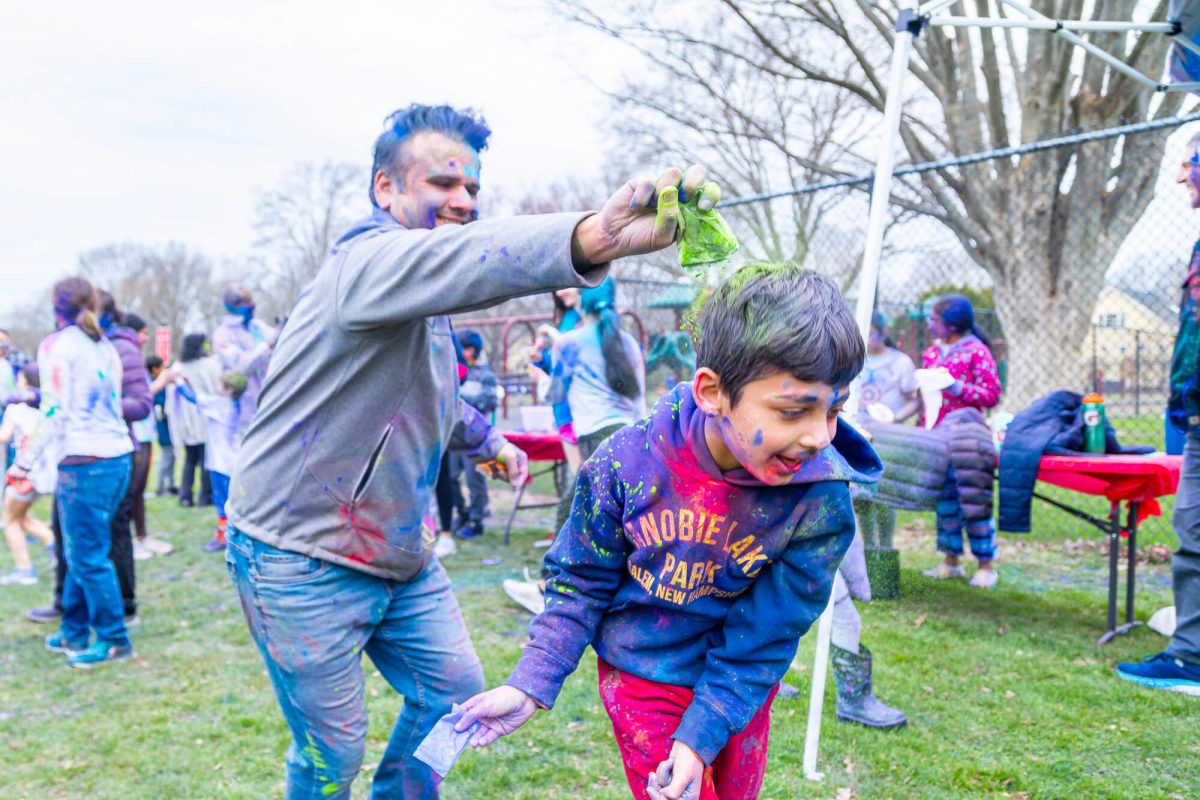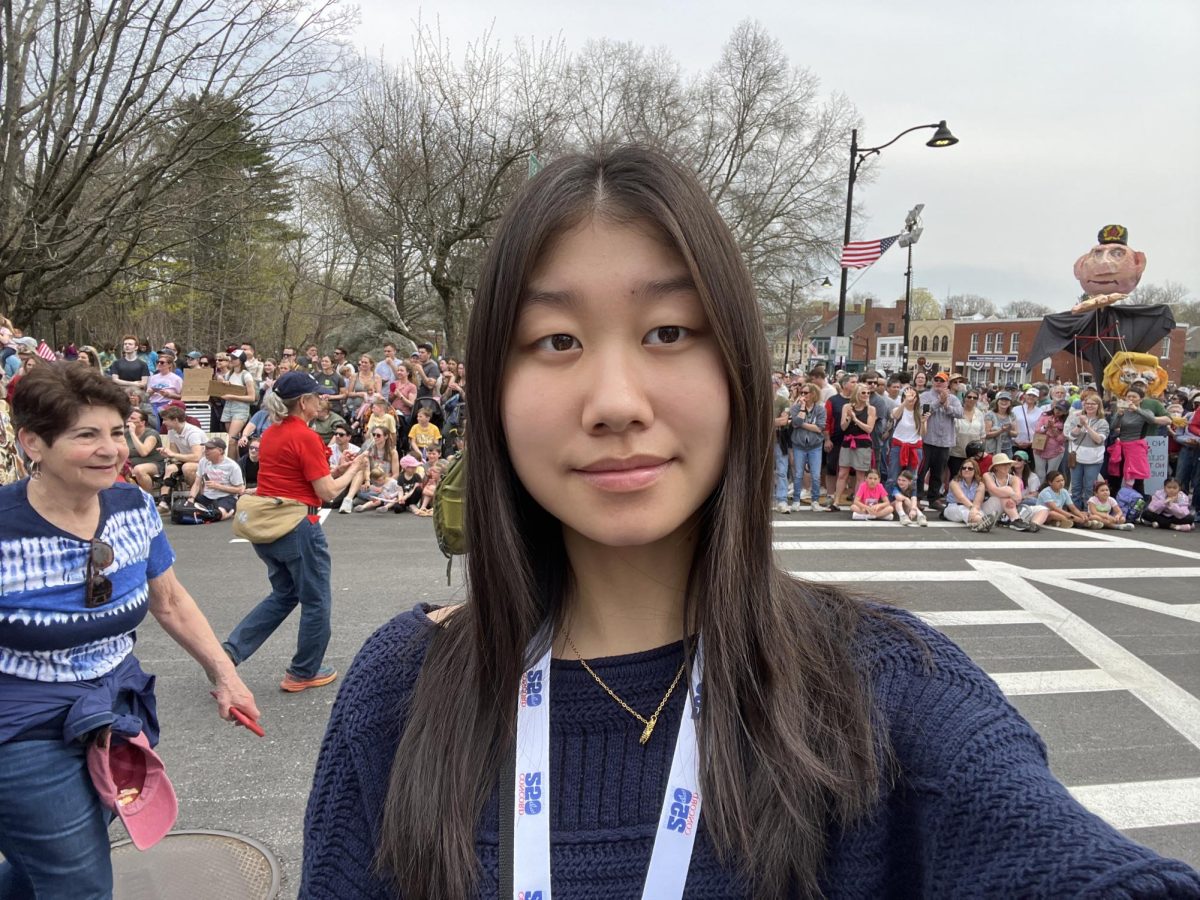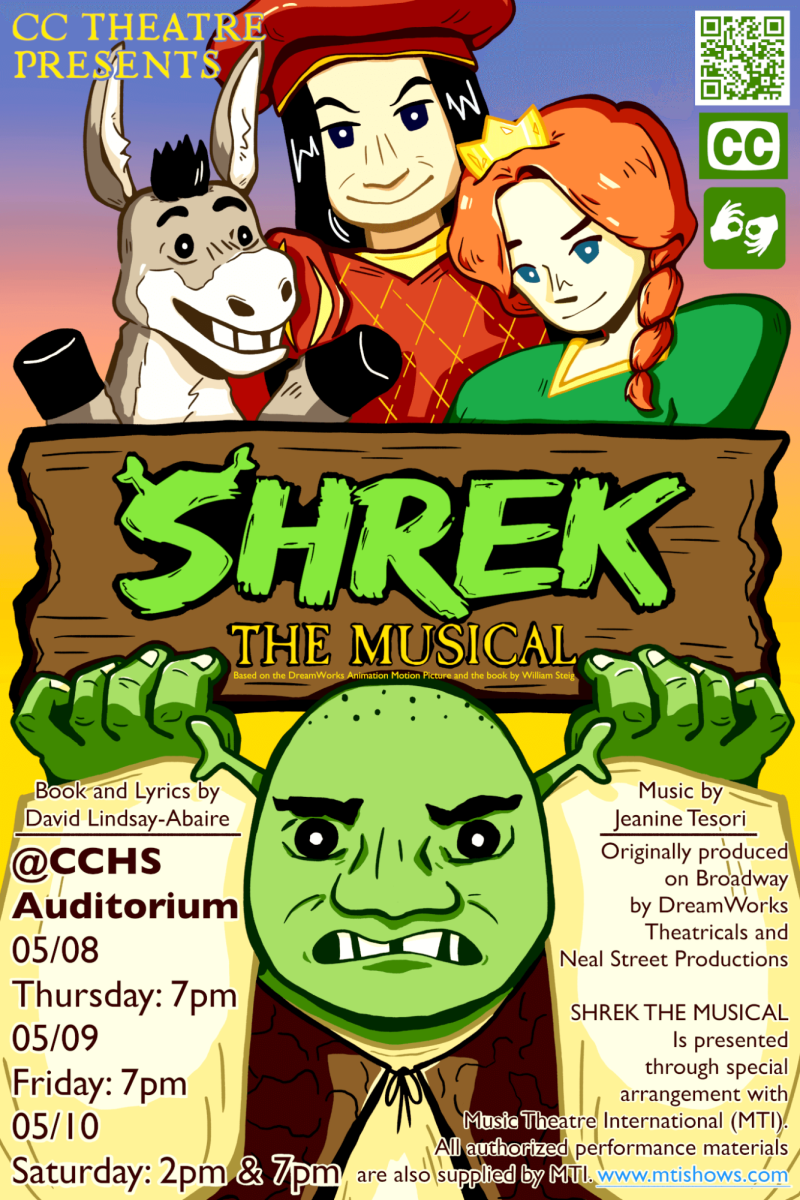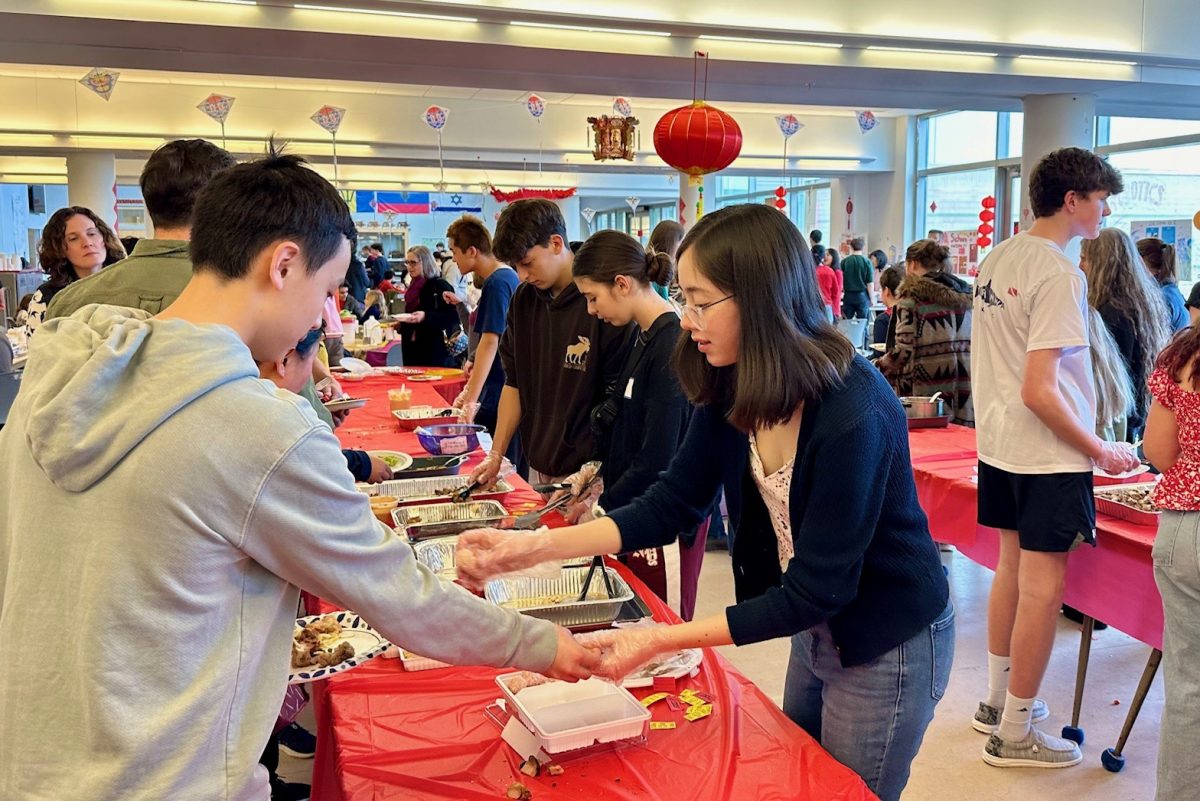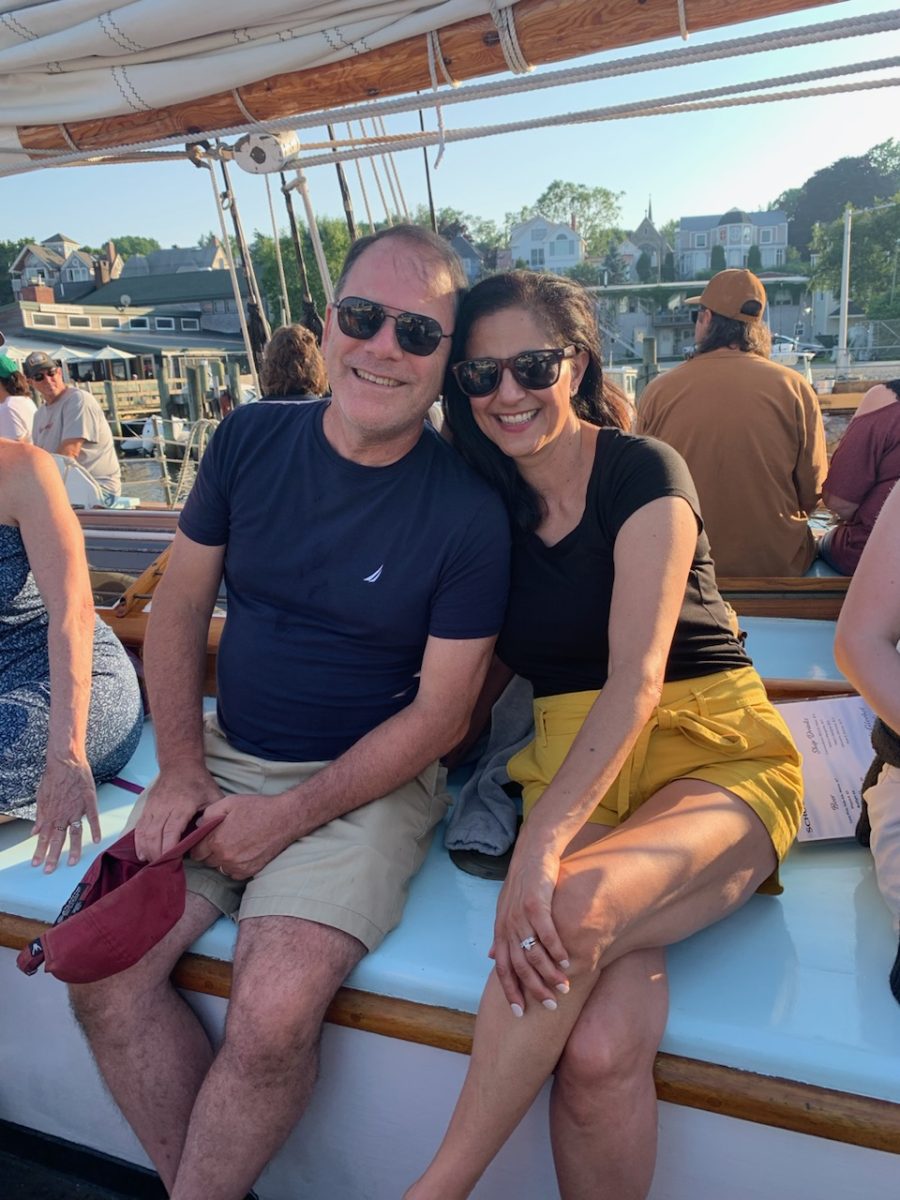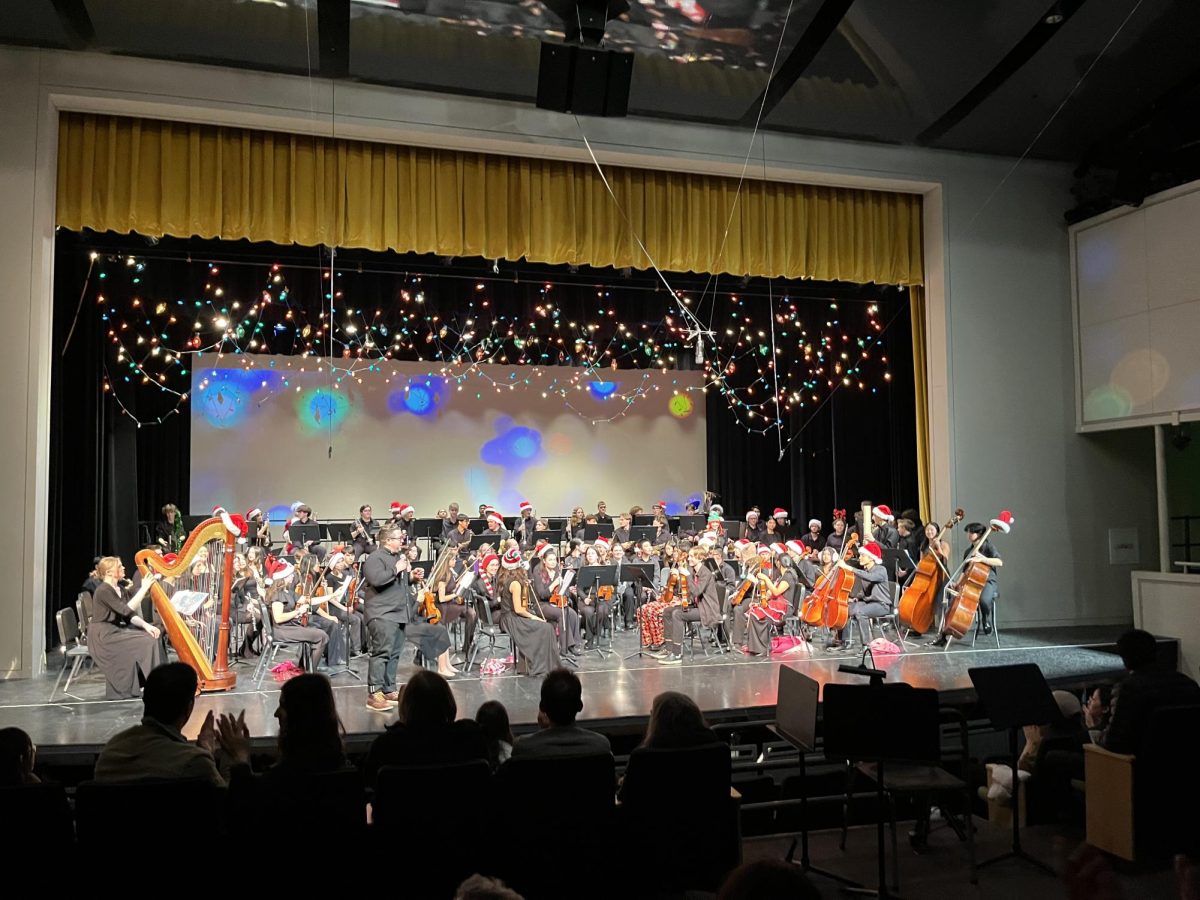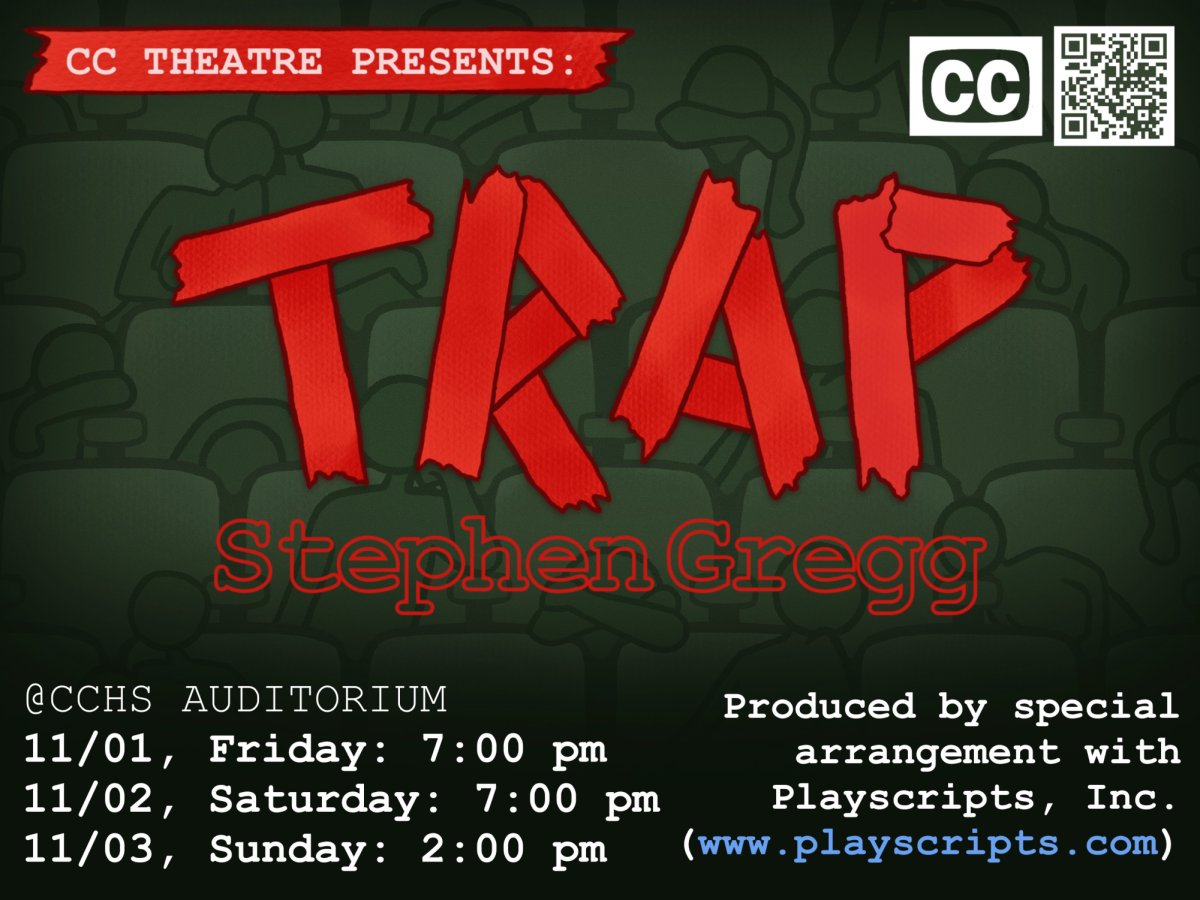
English teacher Ms. Ingrid Sutter was once an “introverted and quiet” student who “hated group work,” but her experiences have gradually shown her “the value of putting yourself out there in the world, something that’s always been hard for [her].” Now, Ms. Sutter is retiring after 21 years of “putting herself out there” at CCHS and working with and learning from her students. For the past four years, she has been teaching tenth graders in Sophomore English and seniors in Rhetoric. One of her most memorable moments, she says, is when each year, her Rhetoric students “stand up and give a speech—I’m always astonished at what they come up with and who they are when they’re on the stage.”
Ms. Sutter’s aspirations to instill a passion for language and literature in her students reflect her own experiences that first inspired her to pursue teaching. She recalls that in college, “I remember reading books and thinking, ‘What’s so special about this?’” But through discussions and explanations in her literature classes, she says, “this book that seemed like this inert thing to me suddenly unfolded and came to life.” Ms. Sutter believes that she herself has continued to learn throughout her career, and she describes that “teaching…and the process by which kids learn is fascinating and beautiful to me.” She explains, “I’ve learned the incredible value of being open to new experiences and ideas [by] watching my students.” Even toward the end of her career, Sutter explains, “I’m still sort of figuring new things out… I think the thing I’ve tried to do as a teacher is just to keep being a student myself” so that her students can follow in “experimentation” to “learn what works best.”
Of course, a significant test of this mindset of experimentation and adaptation was the COVID-19 pandemic. Ms. Sutter says she thinks the pandemic impacted education “in both positive and negative ways.” Positively, she says, “I think it shook up a lot of teachers’ framework for what you needed to accomplish in a day” and how you accomplished it. Ms. Sutter recalls, “I ended up experimenting during the pandemic with giving kids more independent work… and I think some of us have brought that into our classes” post-pandemic through projects and activities like Ms. Sutter’s sophomore independent reading project. Yet even now, Ms. Sutter says, educators are still “reeling” and “recalibrating” from the pandemic’s lowered expectations—Ms. Sutter describes that teachers are “struggling to make sense” of this lack of a clear baseline.
Even aside from COVID, Ms. Sutter says that she is often inspired and “impressed” by the “resilience that [she’s] seen in so many of [her] students who [have faced] really hard challenges” by such a young age. “I’m just always amazed at the way some kids can rebound,” she describes, “and that’s a lesson to me: everybody has it in them. You’re born with that ability to keep moving forward.”
A subject that Ms. Sutter is particularly passionate about discussing is the controversial topic of innovation and technology in the classroom. From Ms. Sutter’s perspective, in the modern era, “especially in the last 10 years, we as a society have come to idolize the figure of the innovator or… the disruptor” while losing focus on “the real value and dignity of people who aren’t necessarily disrupting or innovating but taking care of others and helping others learn.” Ms. Sutter expresses that “there’s so much powerful stuff that goes on in classrooms… that’s invisible and you [can’t] take a picture of it—it’s just this quiet, valuable [interaction] that goes on between teachers and students.” She describes these special moments as “the quiet magic that happens in classes.” Ms. Sutter also proposes that even with the numerous benefits and conveniences of computers and laptops, “we need to be wary” of the devices. Ms. Sutter says, “I think the more we are on our phones and on our computers or the internet, the less we adults and kids are able to just dig through a text, and I’m so worried about that.” She values cultivating the abilities of students to “[read] difficult, dense texts” to “[develop] grit, persistence, thoughtfulness, and the ability to sit with something that they don’t know the meaning of for a little bit.” To her, technology is making it “harder and harder to sustain that tension” that is necessary when delving into such dense texts. Ms. Sutter ponders, “I wonder if the best schools thirty years from now will be the ones that don’t have technology—they’ll have a small enough teacher-student ratio that you can do what you need to do without constantly going back to the computer.” She adds, “I wonder if one hundred or two hundred years from now, [movies and TV shows] will be the things that we study” the way current English classes study literature. After all, “literature is just stories, and I think [one] of the most powerful [forms] of storytelling these days is visual as well.”
Ms. Sutter says that the greatest thing she will miss is “being with students every day” and the “surprises, sometimes crazy, and always sort of funny ways that students [interact] in class.” Simultaneously, she looks forward to “spending more time with [her] husband and [her] kids… traveling, and learning to cook and bake.”
Thank you to Ms. Sutter for always bringing out the best in students and provoking thoughtful reflection, even upon reaching the end of your time at CCHS. We wish you all the best in your retirement!



